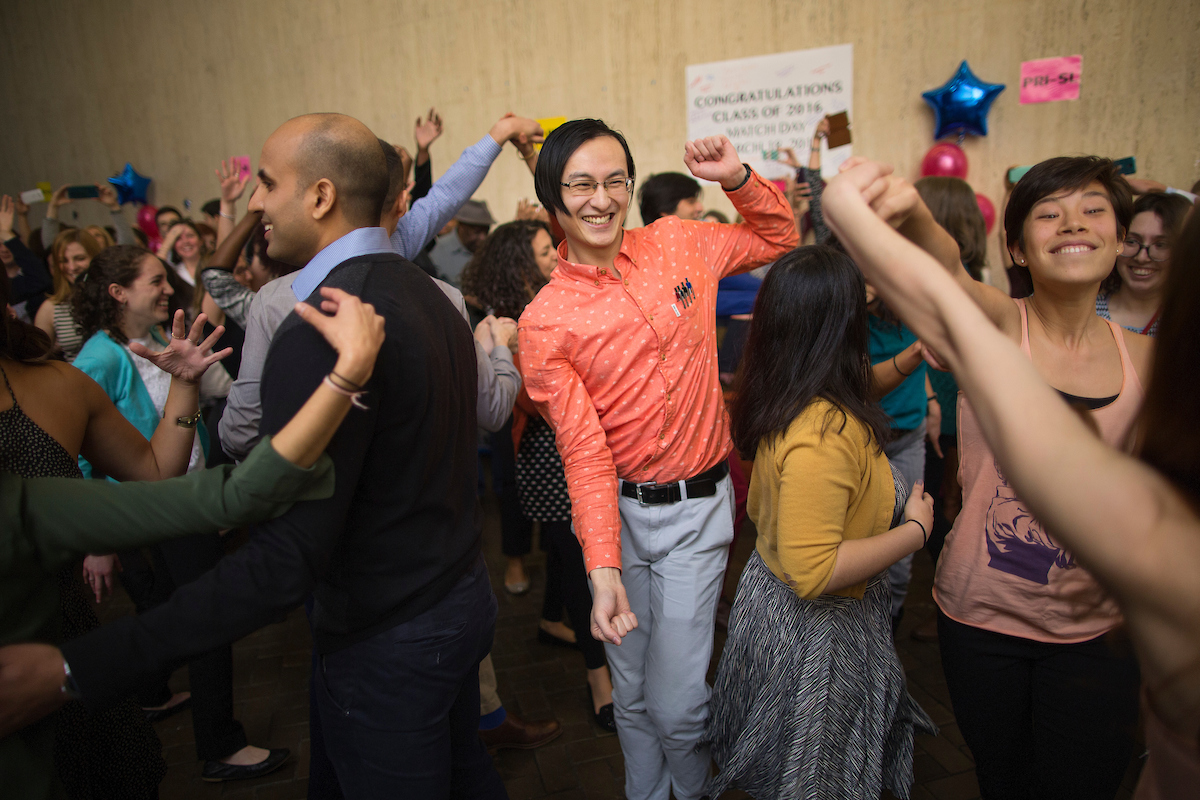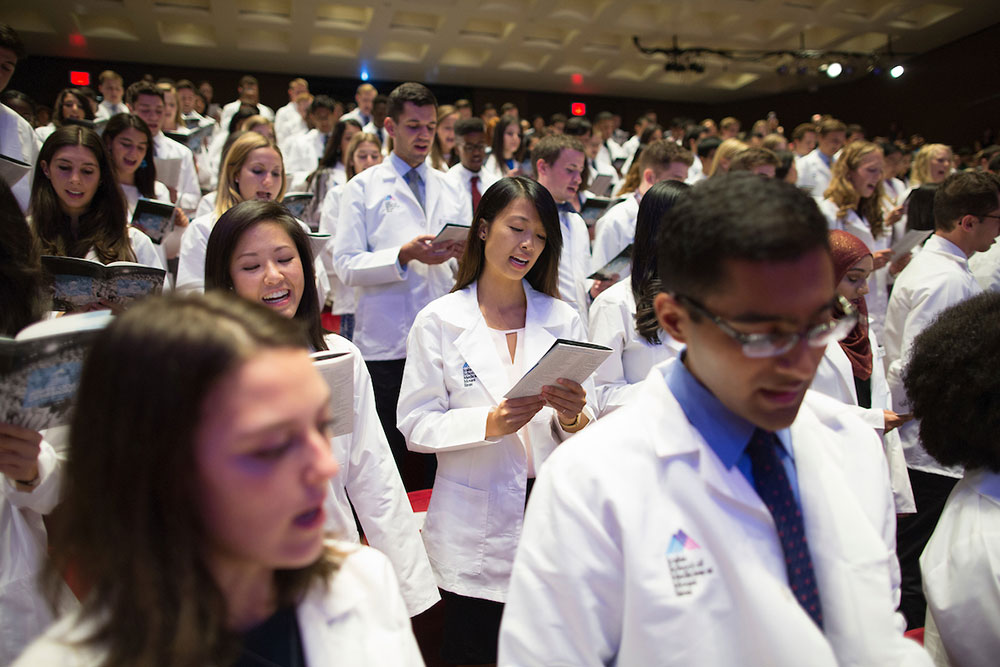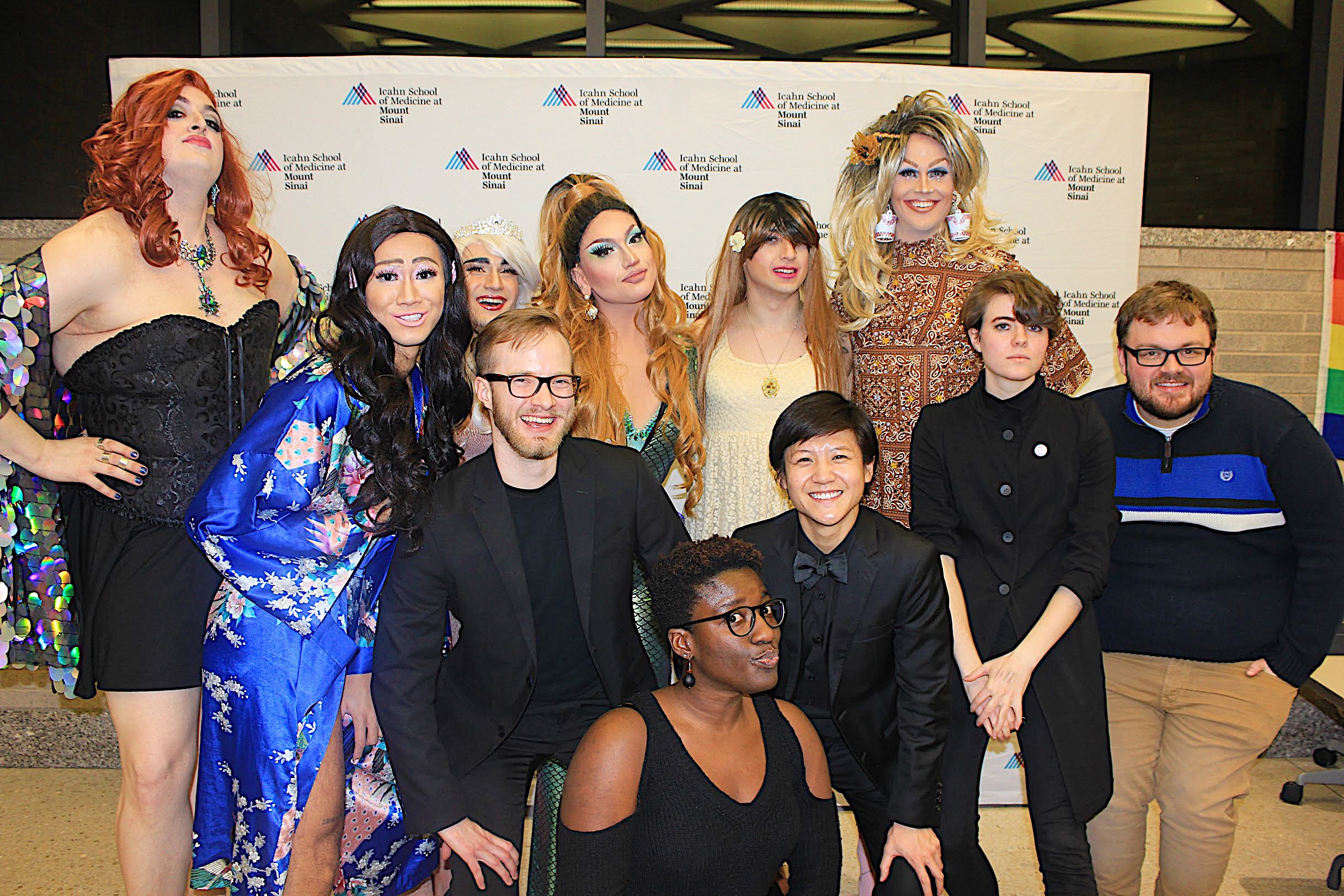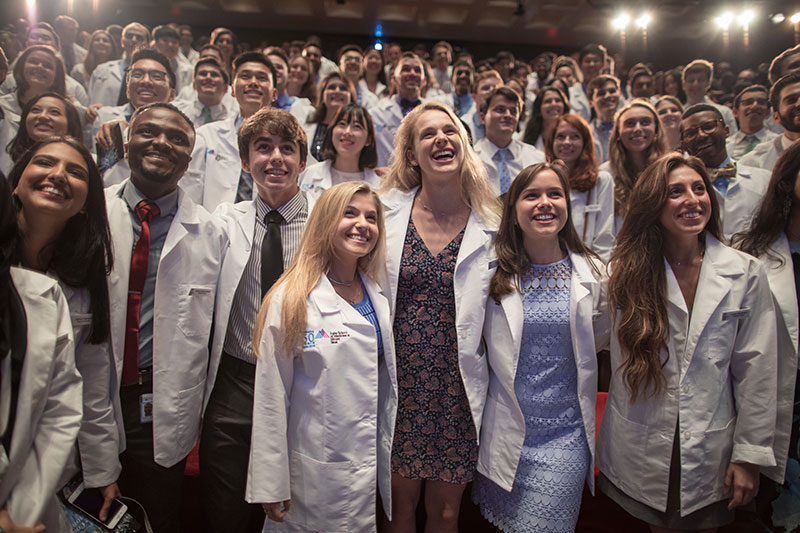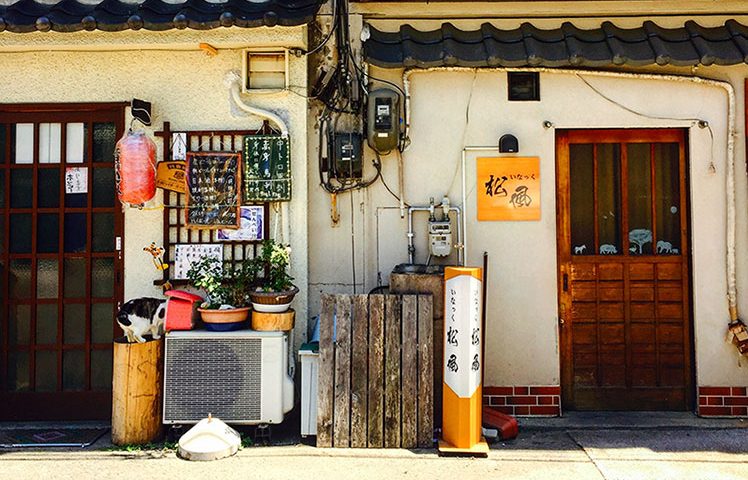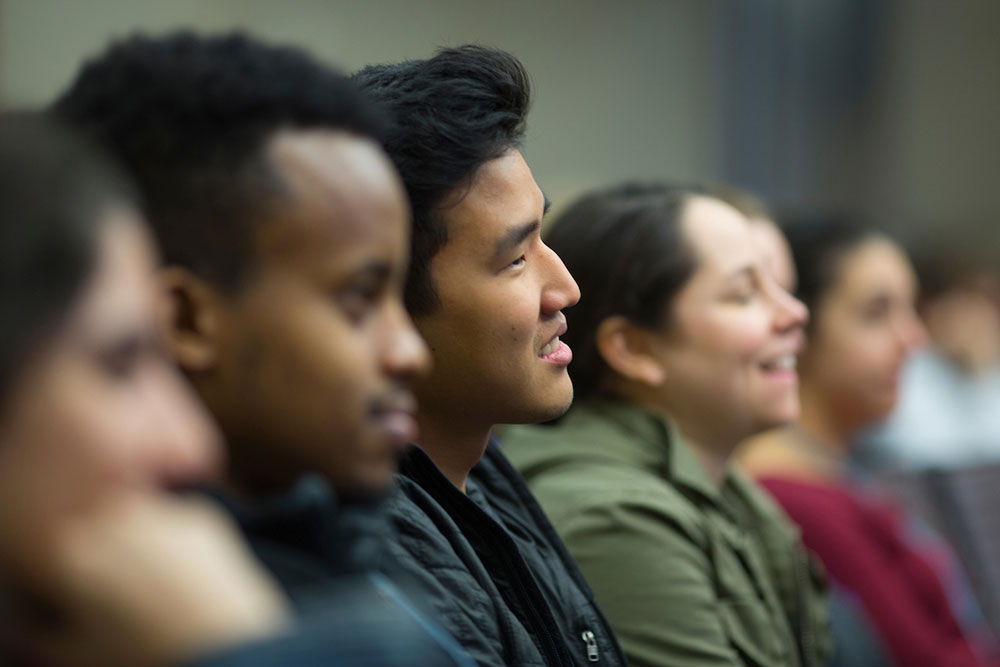We invited positive psychology practitioner, Jordyn Feingold, MAPP to share her tips on improving well-being while in medical school. Jordyn, in a week-long series, will explore the concepts of REVAMP—a novel approach to well-being. Here, she discusses the sixth and final element of the model: positive emotions.
Our final REVAMP element, positive emotions, brings us to perhaps the most basic tenet of positive psychology: feeling good everyday. I believe that the explicit pursuit of positive emotions can be both a prophylactic and palliative intervention against medical student burnout and distress.
Positive emotions such as joy, gratitude, serenity, interest, hope, pride, amusement, inspiration, awe, and love produce human flourishing. They don’t just bring about well-being in the fleeting moments in which they occur—rather, science reveals that positive emotions help individuals to build enduring personal physical, intellectual, and psychological resources. Positive emotions may be both protective against physical health outcomes and are absolutely crucial for psychological resilience.
While I will not delve into all of the physical health benefits of positive emotions here (the research in this domain is quite robust and promising), I will focus on resilience—an aspect of positive emotions that is absolutely essential for medical practitioners to deliver optimal patient care.
Resilience is defined as the ability to grow and thrive in the face of challenges and bounce back from adversity. A range of observational and longitudinal studies support the association between resilience and positive emotions. This suggests that resilient people have optimistic, zestful, energetic approaches to life and are curious and open to new experiences.
Resilient people are able to successfully cope with adversity because they use positive emotions to their advantage. For instance, resilient people use techniques like humor, creative exploration, relaxation, and optimistic thinking as ways of coping, all of which rely on the ability to cultivate the positive emotions of amusement, interest, contentment, and hope. Additionally, resilient people are not only skilled at cultivating positive emotions within themselves, but they also tend to be skilled in bringing out positivity in others.
Negative emotions are an inevitable part of the human experience—and certainly medical care. When we rely on positivity in the face of adversities, though, we can protect ourselves physically and mentally against the strains of daily life, including the practice of medicine. Medical students should never deny, suppress, or ignore the negative emotions induced by personal circumstances or the daily grinds of our work, as they are a necessary part of the human experience. Instead, we can practice cognitive strategies to cultivate positive emotions so that we can learn and grow from our difficulties.
I challenge you to try out the following two exercises to bolster positive emotions and improve resilience. See if they are effective in helping to bring about positive emotions when you’re stressed out.
Activity 1: Three Good Things
The Exercise:
- Each night for a week before going to sleep, write down three things that went well that day.
- After each positive event on the list, answer in your own words, “Why did this good thing happen?”
- Pay attention to whether your outlook about life events changes as they happen.
- Reflect on whether this exercise made you more attuned to positive experiences as they unfolded.
Activity 2: The “ABC’s”
The Exercise:
- On two sheets of paper, create a three-column table.
- Label the first table “Retrospective ABC’s”, and the second “Prosepctive ABC’s.”
- In the first table, think about a recent event that was particularly activating for you. (i.e., You were yelled at by your supervisor; You failed an exam.)
- Describe your beliefs/emotions in the moment.
- Write the consequences of your emotions and behaviors.
- Reflect: In what ways were those thoughts/beliefs productive? In what ways were these beliefs counterproductive?
- On the second table, we will think through how to avoid the negative consequences by modifying our thoughts/ beliefs.
- Work backwards beginning with the consequences and ending with the activation.
- Reflect: How can changing your thoughts/beliefs positively impact your emotions and behaviors? How can you integrate my ABCs into challenging work in your profession? In your everyday life?
ABOUT THE AUTHOR
 Jordyn Feingold is a first-year medical student at the Icahn School of Medicine. She is passionate about integrating the science of well-being into medicine and creating cultures that enable practitioners and patients to thrive. Jordyn completed her undergraduate studies in Health and Societies as well as her Master’s of Applied Positive Psychology (MAPP) at the University of Pennsylvania. For more information about positive psychology or the REVAMP theory, reach out to her at: Jordyn.Feingold@icahn.mssm.edu.
Jordyn Feingold is a first-year medical student at the Icahn School of Medicine. She is passionate about integrating the science of well-being into medicine and creating cultures that enable practitioners and patients to thrive. Jordyn completed her undergraduate studies in Health and Societies as well as her Master’s of Applied Positive Psychology (MAPP) at the University of Pennsylvania. For more information about positive psychology or the REVAMP theory, reach out to her at: Jordyn.Feingold@icahn.mssm.edu.

